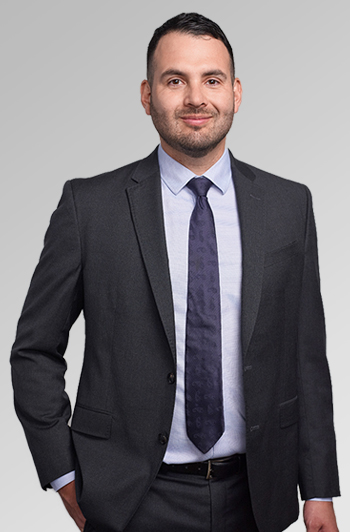Knowing what to do after a severe accident or incident can be overwhelming. The skilled personal injury lawyers at Ceja Law Firm PLLC will immediately begin representing your best interests if you hire them to represent you. Spinal cord injuries can be caused by a variety of incidents and conditions such as the following:
- Vehicle Accidents: This includes cars, motorcycles, bicycles and pedestrian-related incidents. These accidents are one of the leading causes of spinal cord injuries.
- Falls: Falls from significant heights, or even slips and falls for older individuals, can result in spinal cord injuries.
- Violence: Gunshot wounds, knife injuries and other forms of physical violence can lead to spinal cord injuries.
- Sports Injuries: Contact sports, diving in shallow water, and other recreational activities can result in spinal injuries.
- Medical or Surgical Complications: These can include complications from spinal surgery, epidurals, or invasive diagnostic procedures.
- Industrial or Occupational Accidents: Accidents at workplaces can lead to spinal cord injuries.
- Disease: Certain diseases like cancer, arthritis, osteoporosis and inflammation of the spinal cord also can cause spinal cord injuries.
Texas, being a large state with a diverse range of activities and industries, would likely see spinal cord injuries from all of these categories.
Keep in mind that the statute of limitations for filing a personal injury case in Texas is generally two years. It is important to file your lawsuit before the statute of limitations expires, or you risk your ability to recover for your injuries.
If you or a loved one has suffered a severe spinal cord injury in Texas due to the negligence of others, you have a right to seek damages. The remedies that might be available to you fall under the broad umbrella of personal injury law and are meant to compensate you for the injuries and losses you have suffered.
- Compensatory Damages: These are intended to put the injured party in the position they would have been in if the injury hadn’t occurred. They can include compensation for:
1) Medical expenses: This includes both past and future costs related to the injury.
2) Lost wages: If you are unable to work because of the injury, you can be compensated for lost income.
3) Pain and suffering: This compensation is for the physical pain and emotional distress caused by the injury.
4) Loss of consortium: Compensation for the negative impact the injury has had on your relationship with your spouse.
5) Future losses: If the injury results in permanent disability, you may be compensated for future lost income and reduced earning capacity.
- Punitive Damages: These damages are not meant to compensate the injured party, but rather to punish the defendant for particularly reckless conduct and to hopefully deter others from similar behavior. Punitive damages are usually limited, and not commonly awarded in Texas. Proof that the defendant acted with fraud, malice or gross negligence is required.
- Wrongful Death: If a spinal cord injury results in death, the family members or the estate of the deceased can bring a wrongful death suit. Compensation may include funeral expenses, loss of consortium, loss of financial support, and emotional distress.
Before seeking any legal remedy, it’s important to consult with a personal injury attorney who specializes in spinal cord injuries. They can guide you through the complex process of filing a lawsuit, help you gather evidence, and represent your interests in court. The Houston law firm of Ceja Law Firm, PLLC can help to make sure your interests are protected and to assist you in recovering damages for a spinal cord injury due to the fault of another party. We will ensure that your case receives the attention and care you deserve. Give us a call today.











